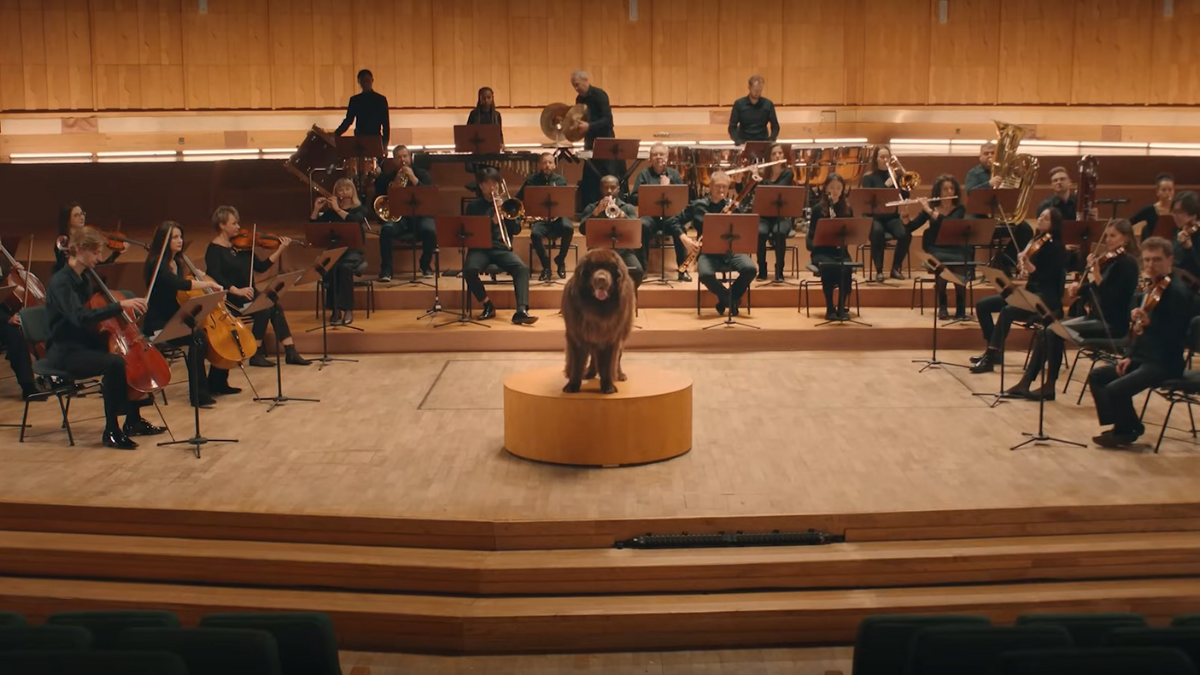I am old enough to have had an early childhood without access to the internet.
Back then, we didn’t slide into our friends’ DMs; we had to call their house — on the landline — while holding our breath in fear of their siblings picking up the phone. But I’m also young enough to have seen it all go mainstream during my formative years, which I like to think puts me in a unique position that has led to me surfing the web wave; all the way from chatting on mIRC and MSN to hodling crypto and buying NFTs. So, it’s hardly a surprise that I’m looking at the metaverse with great interest.
Recently, I’ve been thinking about whether the metaverse is a utopia or dystopia. But the more I think about it, the more I realise that I’m not sure that’s the right question to ask.
The notion of the metaverse being either a utopia or dystopia is built on the false assumption that the metaverse is separate from the reality in which we all live. Now, this separation of metaverse and reality might be true in the minds of adults, but we must acknowledge that the metaverse isn’t really for adults – it’s for the youth and generations to come. And they see things differently!
For the young generation there is no separation between reality and metaverse
Everything is an extension of one reality. This is part of the reason why youngsters are spending their hard-earned pocket money on Fortnite skins, NFTs and so on; something that’s difficult for the older generation to wrap their heads around. But in the minds of young people, it’s just like buying a t-shirt in real life. Their digital persona is not separate from their real-life persona — they’re one and the same.
“For me, online and offline are one and the same, basically the same thing, integrated”
Interview quote from Gen Z
Explained by Katz, Ogilvie, Shaw & Woodhead (2021)
If we accept that the metaverse is just an extension of their reality, the problems and challenges they face in real life are quickly going to find their way into the metaverse too. And it’s already happening. The rich are getting richer by buying and manipulating the crypto market as well as buying up most of the virtual property, creating yet another housing ladder the younger generation can’t get on. And in terms of diversity and inclusivity, online environments (including the metaverse) remain rather toxic towards women and marginalised groups.
So, perhaps a better question to ask is how the metaverse can help the young generation create a utopia across all our realities?
An optimistic view
Looking at this younger generation, I can’t help but feel rather optimistic. They have inherited a world fraught with problems — financial and gender inequality, climate crisis, and a thousand other things. But they’re a generation of doers that act with intention; a generation of activists who want change.
My hope is that this activism and drive to do something good stretches into the metaverse, turning it into the battleground the youth can use to move us all to a utopia-like place; online and offline.
The metaverse’s decentralised nature means governments and corporations can’t censor or control this generation of activist, so they can use it as a place for protest, letting their voices be heard and have a global impact from wherever they are. They are not restricted by borders because the metaverse doesn’t have any, so thinking can run wild and free. In effect, the metaverse could become a place for this generation to connect, collaborate and solve problems — minds from Delhi and Delaware colliding with ones from Shanghai and Stockholm to create magic like we’ve never seen before.
It could become a place for learning, so it doesn’t matter where you’re born or where you live — everyone could have access to the best teachers and schools in the world, leading to an entire generation of new thinkers and doers that come from different backgrounds and bring different perspectives. The metaverse could even become a place of income opportunity — it could give life to a new breed of businesses that we can’t even imagine yet.
The possibilities are endless.
But I suppose that leaves us with the question: Do brands have a role to play in this or should they just get out of the way?
Brand roles in the metaverse
Remember when influencers became a thing? Back then, brands wanted to retain control, so they had strict guidelines on how influencers should pose with the products — otherwise, they wouldn’t get paid. I can’t help but feel that brands are behaving in a similar way as they start to enter the metaverse. Lots of companies are trying to capitalise on and control the metaverse, acting like intrusive salesmen, trying to flog meaningless NFTs and doing the bare minimum to be perceived as cool and down with the kids. I fear they are pushing the metaverse closer to dystopia than utopia.
But there’s a glimmer of hope when you look at culturally in-touch brands like Adidas and Nike. Yes, they are also selling branded NFTs, but at the same time, they are buying virtual land in The Sandbox, partnering with Bored Ape Yacht Club and acquiring virtual sneaker companies to become an authentic part of this emerging world, so they can help grow and shape the community from within.
To me, those are much better examples of how a brand should show up in the metaverse if they want to be successful and give the younger generation an opportunity to build utopia for us all.
If your brand wants to be in this space,
you need to get comfortable with giving up control and letting the younger generation take the wheel. At this stage of the metaverse’s development, you should leave your short-term commercial agenda at the door and enter with the purpose of facilitating connections and empowering people to build whatever they want — sit back, trust the young generation and watch them shape the virtual ground beneath your feet.
If your brand follows this approach and helps build and nurture the metaverse and its communities, your brand will be woven into the very fabric of the future — and in effect, you will build brand affinity that will lead people to them when the time is right. Because your brand was there, helping to put down the foundation while other brands were standing on the sideline, trying to sell bad bricks and expensive water to the thirsty builder.
By giving up control and doing your bit, your brand will — hopefully — have had a small role to play in the construction of a future utopia for everyone, and you will have set your business up for long-term success in the process.
This is only the beginning
Truth is, everything I have written above is hypothetical. It’s still very early days and we don’t know what the metaverse is yet nor do we know what it will become. We’re still only reading the prologue of what could be a Tolkien-length book series.
So, while we wait for it all to play out, I’ll leave you with this: If your brand wants to find long-term success in the metaverse, be a builder, not a salesman.
Featured image: Travis Scott and Fortnite Present: Astronomical / YouTube
































